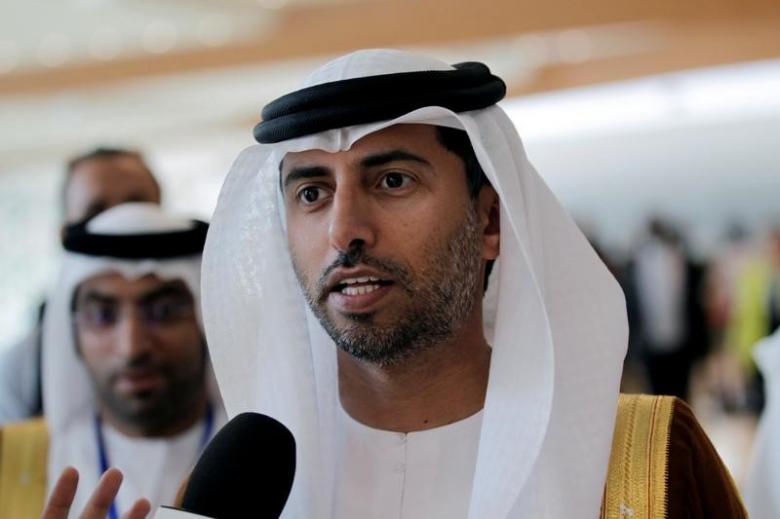Abu Dhabi- The United Arab Emirates’ first nuclear reactor will definitely be operational next year with the operating company getting a license in 2018, the UAE’s energy minister Suhail al-Mazroui said on Monday. The world’s largest single nuclear project, the Barakah plant will have capacity of 5,600 megawatts (MW) of electricity, with four 1400 MW reactors.
During a press conference held on Monday morning in Abu Dhabi, Mazroui said that UAE Vision 2021 aims at putting the UAE among the international states, and this has pushed it to adopt a policy to diversify energy resources in a way that reduces consumption of fuel and natural gas.
He added that UAE Energy Plan 2050 gives the priority to nuclear energy and aims at reinforcing use of environment friendly energy resources and reducing dependence on other fuel resources in the upcoming three years.
The first reactor, which is 96 percent complete, is located in the Barakah plant – the world’s largest single nuclear project. All four reactors will have the capacity of 5,600 megawatts of electricity. The first reactor is 96 percent complete, while the second is 86 percent complete, the third 76 percent complete and the fourth is 54 percent complete.
He pointed out the International Ministerial Nuclear Conference on Nuclear Power in the 21st Century is set to kick off in Abu Dhabi next month, which signifies UAE’s immense efforts and strategies for its peaceful and clean nuclear programme. The conference begins on October 30 and ends on November 1.
Mazroui clarified that the conference is an idol platform that gathers experts and people interested in the energy sector on a world-scope to carry out constructive dialogues on the approaches of the energy markets.
